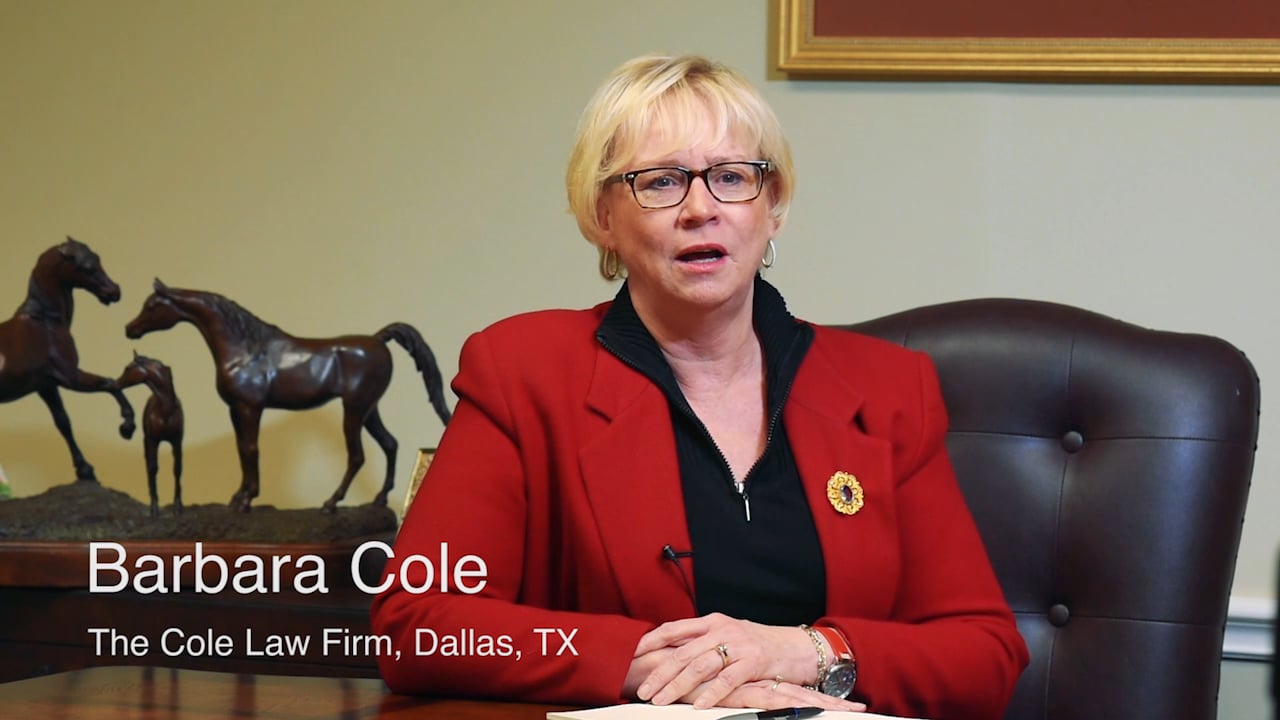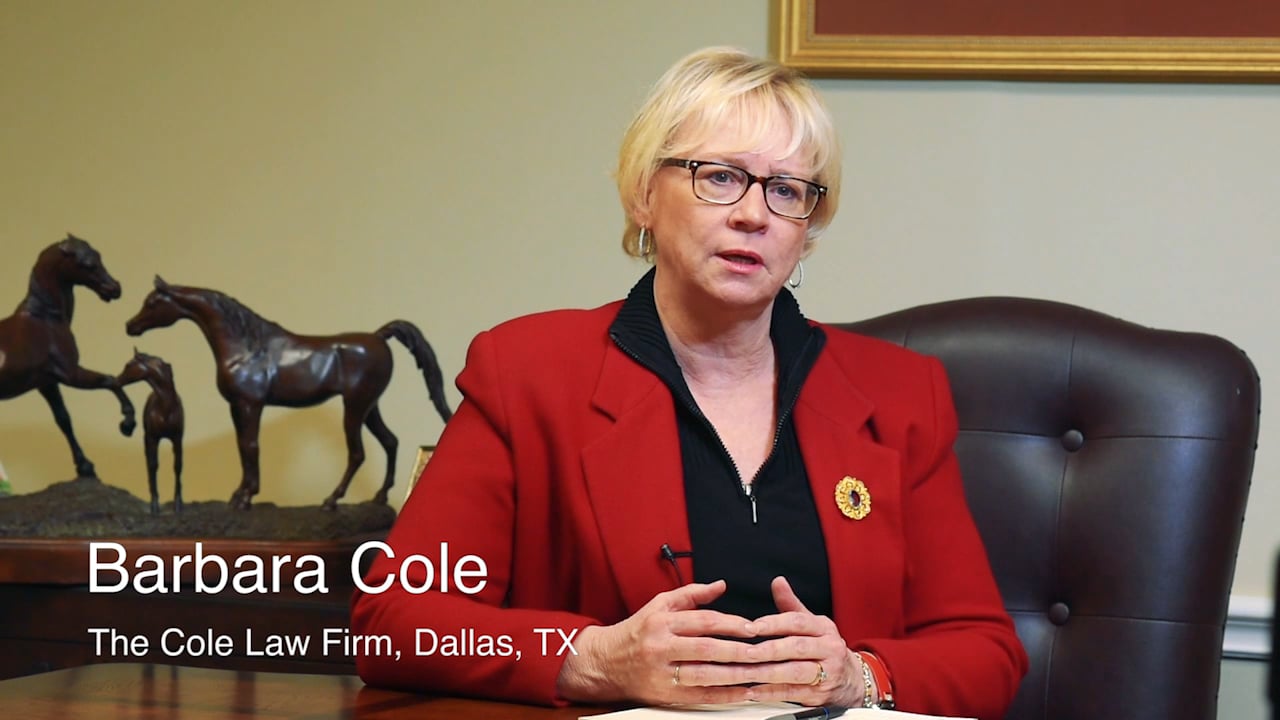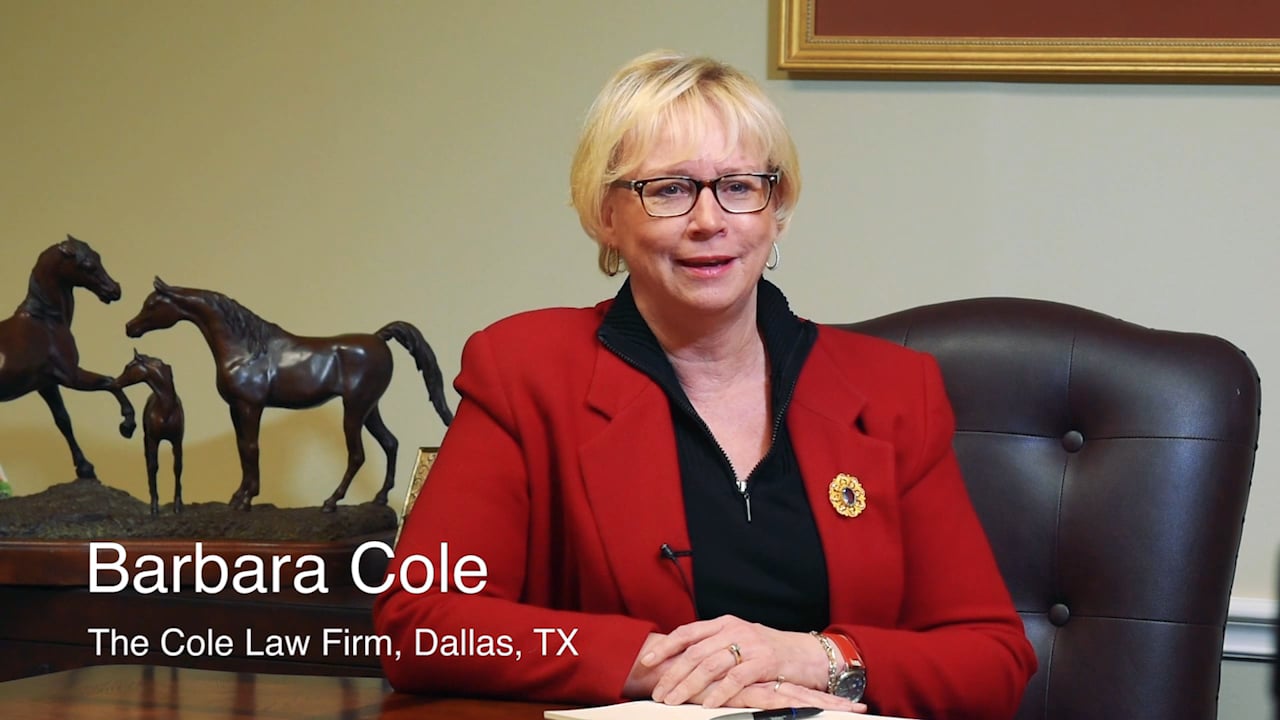
How to avoid finding yourself on the wrong side of MAD in a family law case: Marijuana, Alcohol and Divorce
The 4 Things to Consider When Marijuana Becomes Part of Your Divorce.
- Best Interest of the Children
- The Judge
- New laws on Marijuana
- Attorney fees and costs
Best Interest of the Children
How to avoid being on the defensive in your custody case. If you have used or are considering using marijuana while raising your children the following may end up being part of your custody case.
- Drug testing at least during the proceedings and possible for a period of time after.
- Investigation into your relationship with drugs and alcohol. Do you partake or consume around the children? Are the children aware of your use? Are the children exposed to the marijuana or even excessive alcohol use? What are the ages of his children? How is use affecting your children and your ability to parent his children?
- Child Protective Services: Is there enough evidence to raise concern for the well being of the children to request and an investigation? What are the options for the outcome of such and investigation?
- The children could be taken away.
- The children could be awarded to one parent.
- Child protective services would investigate whether the children were in danger with you.
- The children could be awarded more time with one parent and limit your time with the children.
- The children might have supervised visitation with you.
The Judge
Judges are sworn to uphold the law. In Texas, Judges are elected and more than anything they do not want their name on the front page of the newspaper associated with a decision that allowed a parent to participate in poor judgement concerning children. Judges are also conservative and thus will not be influenced by the legalization in Colorado and other states or countries.
So, a possession charge raises a level of concern and forces greater scrutiny for you. That said, it is not a death sentence as a parent. There will be monitoring in which the attorneys can possible agree. There will be drug testing for a period of time and possibly a period of supervised visitation until all drug tests come back negative. Since. At times recreational use is a rare occurrence, time and money will be spent to create a paradigm to handle the possession charge in the divorce. Further, the charge will be public and possibly affect your employment.
The Judge must take the facts in your case on their own, yet may also implement outcomes based upon concern and experience.
This can include involving Child Protective Services. If Child Protective Service becomes involved then the possession of marijuana issue along with best interest of the child begins a new journey and an involved process. This process can take months; require numerous meetings, drug testing and cost along with supervision and monitoring.
Most people would prefer to avoid this inclusion in their divorce process.
In my experience the Judge will take into account whether this is a one time lapse in judgment or if the possession citation is a reflection of a more serious and ongoing involvement with an illegal drug. How does your relationship with marijuana affect his children? The court will want to know if you are a frequent recreational user or if marijuana is a daily part of his life. Do you use around the children and what are their ages? Are the children aware of your use and will they take your use as permission to use marijuana or other illegal drugs? The answers to these questions will greatly influence the Judge’s process and decision making in the Best Interest of the Children.
New Law on Marijuana
Texas is a conservative state and goes its own way on marijuana laws and enforcement. The differences in Marijuana laws from state to state can be confusing. Yet, at the end of the day marijuana is illegal in Texas and will be deemed an illegal substance for you and your decision making concerning your children. Further, Federal laws also deems Marijuana illegal and while rare, can produce a federal charge declaring that a parent is unfit and possession is not in the best interest of the children.
The standard for the court in its decision making is subjective. Each Judge will have their own standard and different degrees of how they will apply Marijuana use in a family law case. The Court will be looking to see if the action taken by a parent charged with possession is whether such is harmful to the children.
Attorney Fees and Costs
When a drug charge is included in a family case, attorney fees and costs go up significantly. First, the attorney must spend more hours defending and framing the actual charge in light of the best interest standard. This defense may include court hearings and preparation, pleading responses and discovery responses all directed to the value of the possession charge.
Second, drug tests costs several hundred dollars and are usually requested multiple times over a period of time. They can be requested as frequently as every visit with the children. If Child Protective Services become involved then more attorney billable hours are added. The case may take longer to resolve and the possession charge increases the possibility of having a final hearing thus a greater expense.
In conclusion, avoid any drug related behavior during the pendency of a family case to avoid stricter scrutiny of parent ability to parent when measured against the best interest of the child. This includes a get away weekend for recreational use.








